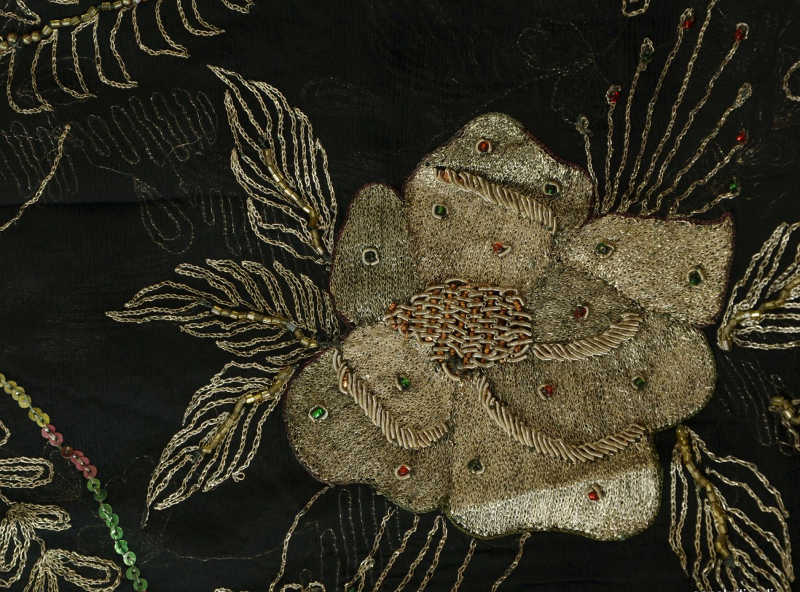===
0949,
13
===

=== |
 |
afsos : 'Sorrow, grief, concern; regret; vexation'. (Platts p.62)
qadr : 'Greatness, dignity, honour, rank, power; importance, consequence; worth, merit; estimation, appreciation, account; value'. (Platts p.788)
FWP:
For discussion of this ghazal as a whole, see {949,1}.
From the grammar of the second line, we can't tell who it was who didn't know the lover's worth; but our English 'they'-- as in 'they say it will rain tomorrow'-- is a good way to capture something of the universality. Or 'people'. Or 'we'. Or maybe 'she'?
This is the only verse in the whole ghazal that explicitly, unambiguously, describes 'him' as dead (or rather as 'gone', which in context strongly implies 'gone from this world'). Most of the other verses either envision 'him' as alive, or keep his status ambiguous.